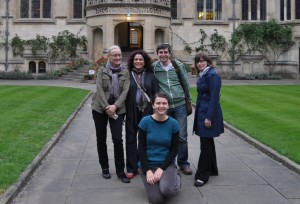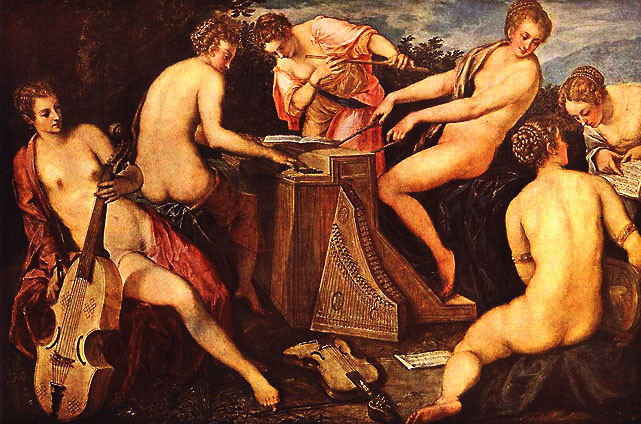httpv://www.youtube.com/watch?v=uzrhHb1ooZo&ob=av1e
(Not embedded: Click the image above and then hit the YouTube link. This version is of a very high quality: excellent sound and picture.)
Frye seemed to like going to the movies, and he regularly mentions during his diary writing years (intermittently between 1942 and 1955) what he’d seen on a Saturday night at a time when double bills were still the norm. One of the oddball classics of the era was John Huston‘s Beat the Devil (1953). Maybe “John Huston’s Beat the Devil” doesn’t really cover it. In point of fact, it was co-written with Huston by the very young Truman Capote, who leaves a distinctive mark upon this shaggy dog story which proceeds on the assumption that it is the journey not the arrival that matters, but then barely manages to go anywhere at all. In point of fact, it has such a tremendous cast — Humphrey Bogart, Gina Lollobrigida, Robert Morley, Peter Lorre, Ivor Bernard — that it’s hard to imagine the movie having any life without them. And, in point of fact, that’s before you even factor in Jennifer Jones, who is so wonderful that she almost steals the entire movie from this pretty formidable ensemble. (In point of fact, she makes the phrase “in point of fact” all her own as a leitmotif for escalating delirium.)
Now it’s true that the film depicts the last gasp of Old World colonialism, when European scoundrels could still saunter into Africa and expect to make personal fortunes by foul means (and, yes, there’s a cringe-inducing amount of Orientalism at work too in the depiction of the Arab characters). But the white mischief on display here is absurd and is foiled at every turn as though that were an inevitability. At least one tragic historical cycle had come all the way round to farce, and the film — released just a few years after the end of the Second World War — captures that, if only on a hunch.
In a nice coincidence, Capote’s birthday was on Thursday.



